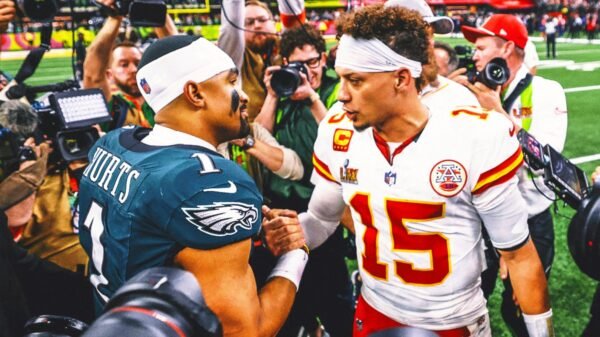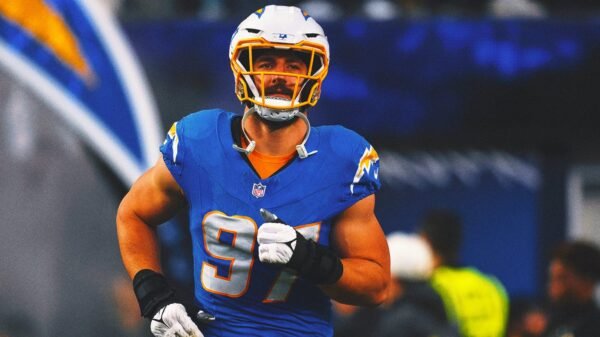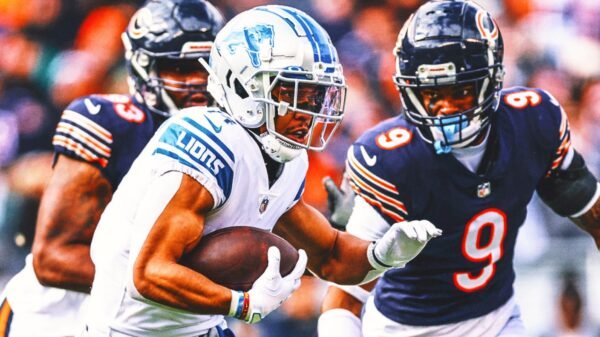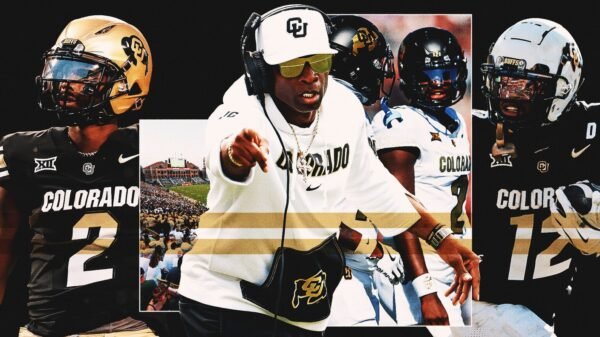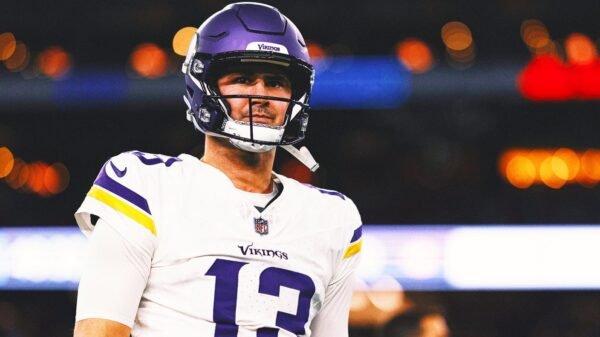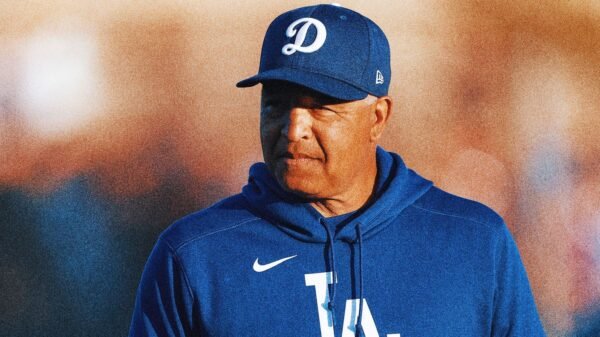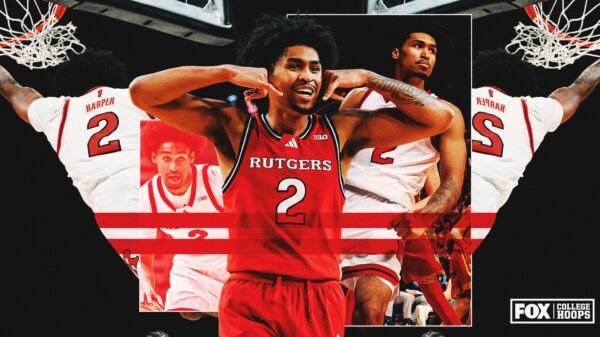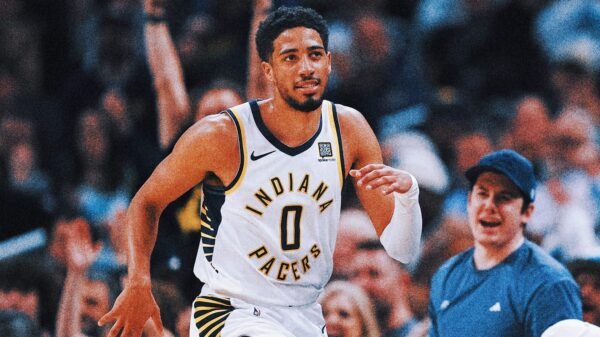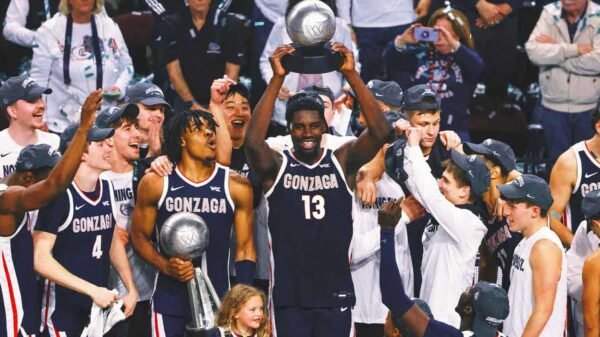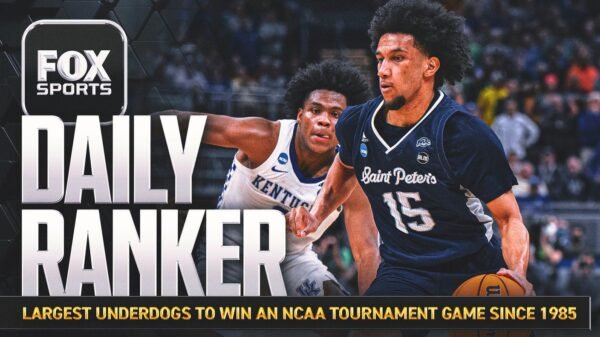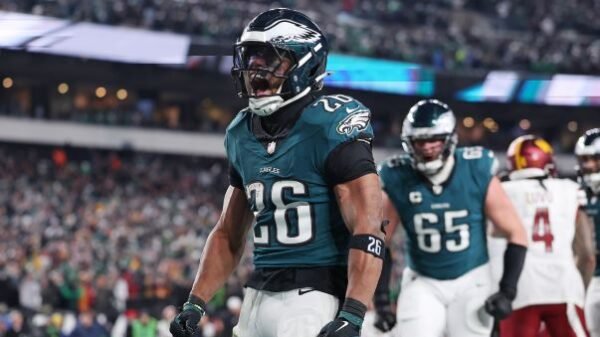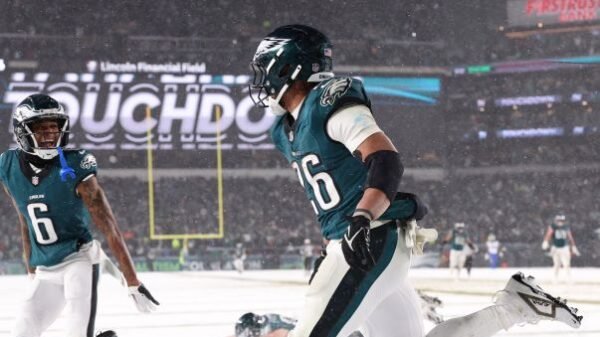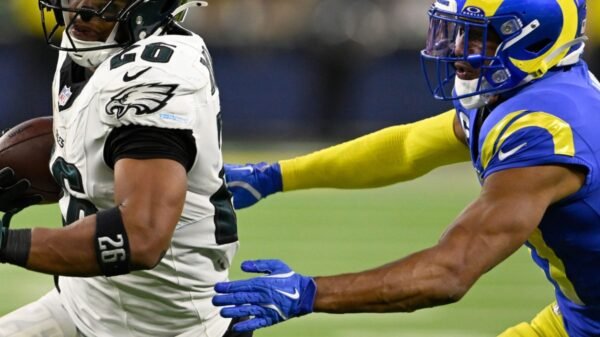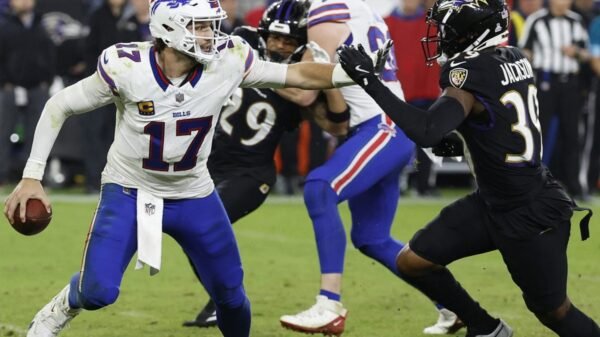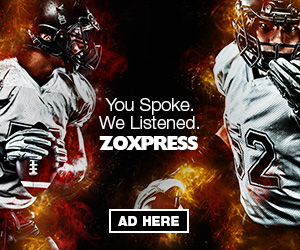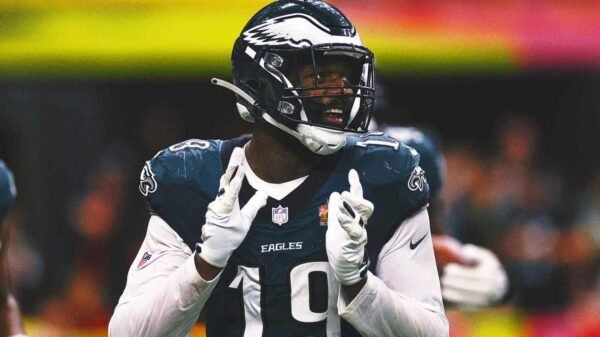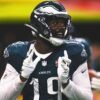Drafting Bronny James by the Los Angeles Lakers sparked much discussion, especially highlighting the influence of his father, LeBron James. Rich Paul, Bronny’s agent, made waves by suggesting Bronny would play in Australia if not chosen by suitable NBA teams. NFL lacks a similar alternative, but the principle remained: athletes and their representatives seek optimal scenarios, and teams respect that preference to avoid resentment and conflict from day one.
Drawing parallels to legendary NFL draft stories, Bo Jackson’s 1986 audacity stands out. He advised the Buccaneers not to draft him, intending to pursue a baseball career. Teams today might increasingly face players asserting control over their career paths, driven by substantial college earnings empowering them to set terms rather than meekly accepting any offer.
This shift counters outdated beliefs, suggesting a privilege in being drafted to less desirable teams. As players take stands, it could pressure dysfunctional franchises to reform. Failures in these teams have long hampered promising football careers. Empowering players could spark necessary changes in the NFL landscape, fostering healthier and more successful career beginnings for talented newcomers.

